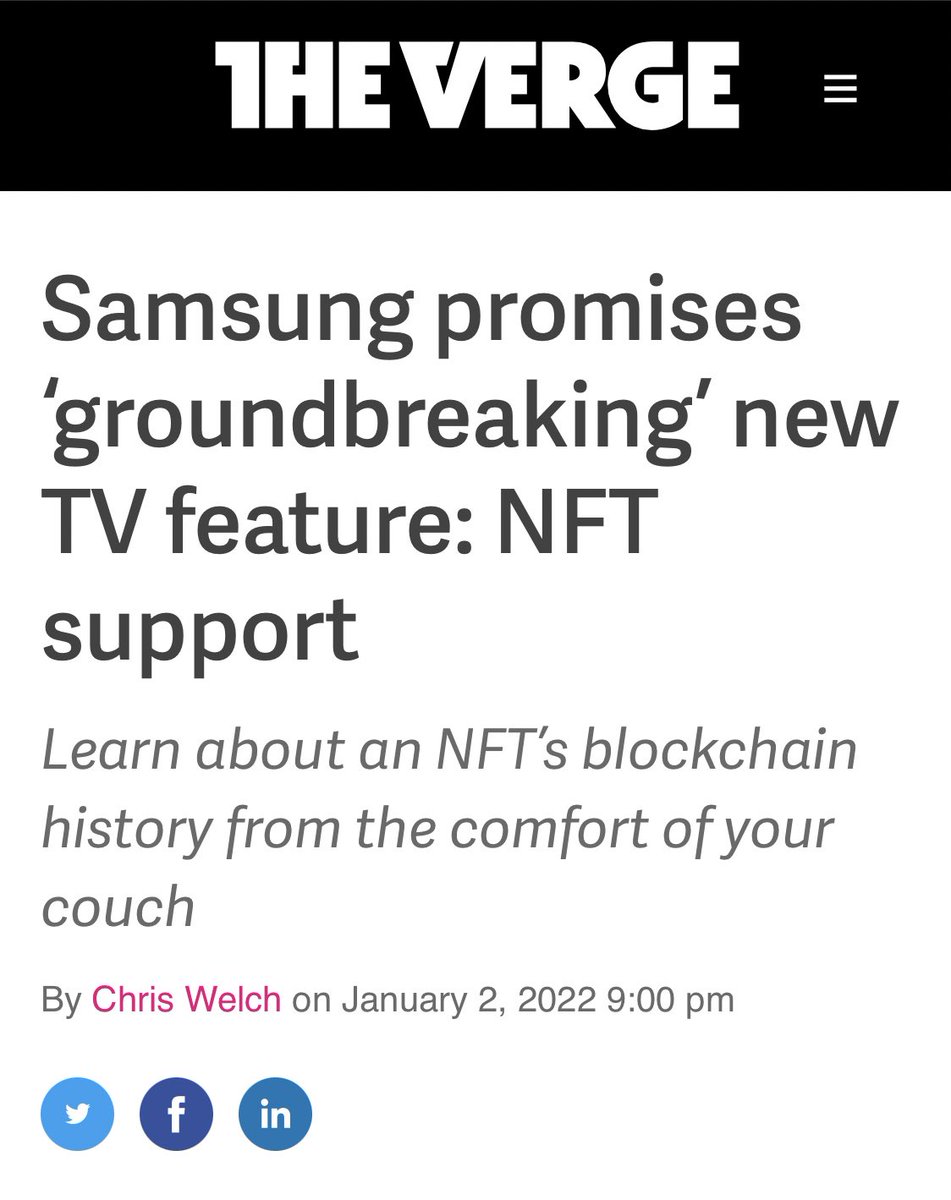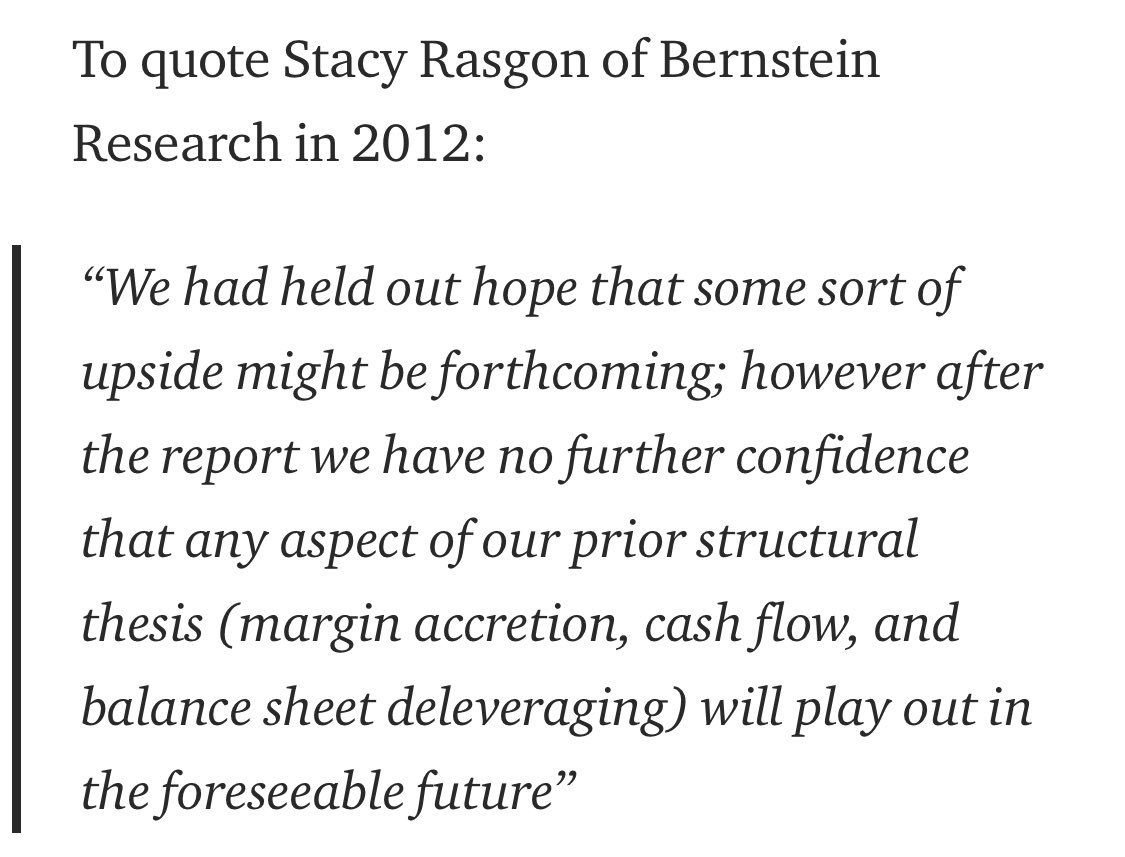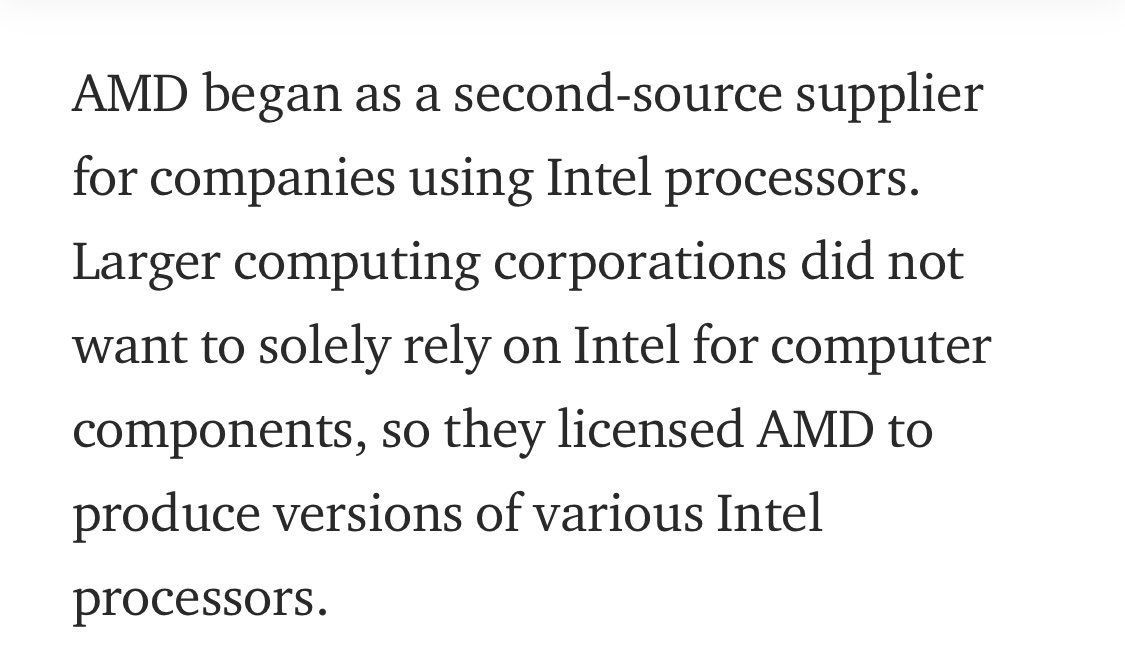Since Little Richard died 🥺, I remember reading about the Payola scandal of the 1950s and 60s and how LR was related to it. This is from electoral-vote.com/evp2019/Pres/M… and not me. BTW this is very long and I made minor edits to get them to fit in tweets. #RIPLittleRichard
Let's start with a brief thought exercise. Imagine someone you know who is at least 65 years old. Do you think that person knows what a tramp stamp is? What YOLO means? What you are suggesting when you tell someone to keep it 100?
What are you proposing if you ask someone if they would like to come over to your place and Netflix and chill? The odds are pretty good that the average senior citizen today would not understand all (or even most) of these. Keep that in mind, it will soon be relevant.
Today, with only very rare exceptions, rock and roll is not only uncontroversial, it's downright tame. You might hear a Chuck Berry song on an elevator, or an Elvis Presley song in your dentist's office, or a Little Richard song while shopping for ice cream at the grocery store.
But it was not always so. When the genre first emerged in the late 1940s or early 1950s, it made certain people quite unhappy. Mostly older white people. They did not care for the rebellious messaging associated with rock music, nor the sexually charged dancing.
And they particularly did not care for the fact that nearly all early rock music (which, at that point, was called "rhythm and blues") was created by black musicians. The white folks called it "race music."
If major department stores (particularly in the South) had tried to stock Chuck Berry's or Little Richard's or Fats Domino's records, many white customers would have been outraged. And so, rock records by black artists were not for sale in most department stores in the 1950s.
And since shopping malls, anchored by these department stores, were the new thing, that meant that a major retail channel was not available to black artists.
The controversy surrounding rock music, and the undercurrent of racism therein, would play a rather sizable role in the career of Alan Freed, who was one of America's most popular disc jockeys after World War II.
Though a white man, Freed recognized at the start of the 1950s that this new music was going to be the next big thing. He also knew that if he tried to sell commercials to his white advertisers on "Alan Freed's Rhythm and Blues Hour," they would turn up their noses and say,
"Isn't that race music?" So, as a relatively hip fellow, he drew on his knowledge of youth slang. He was aware that, following the success of blues singer Trixie Smith's 1923 hit "My Man Rocks Me with One Steady Roll,"
"rock and roll" had been adopted by young black listeners as slang for "sex," and that young white listeners eventually became aware of the term as well. So, Freed named his rhythm-and-blues-based show "Moon Dog's Rock and Roll House Party."
He recognized that his old, white advertisers would largely be unaware of the meaning (remember "Netflix and chill"), while his youthful potential listeners would be intrigued by a show that, to them, essentially read as "Moon Dog's Sex Party." Obviously, the name stuck.
Meanwhile, Freed also held dance parties where—brace yourself—white and black kids sometimes danced together. We hope you were near your fainting couch when you read that part.
It was not long before major record labels like Capitol and Parlophone recognized the commercial potential of this "rock and roll" that kids were listening to, and they wanted in on the profits. But again, record stores weren't willing to carry rock songs by black artists.
The big labels couldn't use the same dodge that Freed had, so they came up with a different idea. After a black artist released a new song, invariably on a tiny label with limited market clout like Chess or Sun, the big label would hire a white artist—most commonly Pat Boone—
to perform a cover version (entirely legal under American copyright law). For example, here is Little Richard, performing "Tutti Frutti":
And here is Pat Boone, performing his white cover of "Tutti Frutti":
Boone's version is grossly inferior, to the point of being unlistenable. However, it had the backing of a major record label, and was sold in department stores. Little Richard's version did not, and was not. And so Boone's version sold far more copies.
This arrangement was naturally very aggravating to black rock and roll artists, and to the tiny and cash-strapped record labels that were recording them. Little Richard fought back by making sure that his next song ("Good Golly Miss Molly") was so fast and so high-pitched,
Boone could not possibly cover it. However, that was not viable for most artists. And so, they came up with a different workaround. They approached black-friendly DJs, most notably Alan Freed and Dick Clark, and proposed a deal that went something like this:
"We will give you the first copies of records by black artists, along with some money. In exchange, you agree to play the records at least 20 times, and after each play you encourage your audience to special order a copy if they liked it."
The appeal of this approach to the black artists and their record labels was obvious, as they got some very effective and low-cost advertising (usually, the cash consideration was only $50 or $100) that actually had a chance of selling some records.
Sears or Newberry's might not stock Chuck Berry records, but they'd certainly accommodate an order from a customer. For DJs, they got first access to the best and latest music, and also a little pocket money on top. Win-win, right?
Yes, although the pay-for-play arrangement did leave one key player out of the loop, namely the major record labels. And inasmuch as the major labels were very well-heeled, they had money for lawyers and political influence.
So, they went to Congress to complain that DJs were taking money to play records, and were not disclosing that fact. In 1959, the Subcommittee on Legislative Oversight, announced that it would look into the matter. Thus began the Payola Scandal.
There was little question about the facts of what had happened, and relatively little dispute about whether or not laws had been broken, as the activities of Freed, Clark, etc. were clearly outside the rules laid out by the Communications Act of 1934.
The politicians' major goal, entering into an election year, was to do a little bit of virtue signalling. Raising a ruckus about payola sent several messages to voters, some of them more admirable ("I'm anti-corruption!"), some less so ("I'll stand up to those uppity blacks!").
Even President Dwight D. Eisenhower got into the act, despite being term-limited, and said that getting to the bottom of things was a question of "public morality."
In the end, some laws were passed that made it harder for people in the radio business to take bribes, though those laws were not especially effective.
There was a "new payola" scandal in the 1980s, and even today, record labels are very good at staying within the letter of the law while committing gross violations against its spirit. Freed, for his part, got to be a sacrificial lamb.
He refused to cooperate with the investigation, and was compelled to plead guilty to two counts of commercial bribery. Though he received a suspended sentence, his radio career was effectively ended, and he plunged deeper into alcoholism, dying at the young age of 43 in 1965.
Several other DJs were similarly punished. Dick Clark, however, got off scot-free, as he agreed to "name names" of other DJs he knew to have taken pay for play.
The same factors that led to the Payola Scandal also meant there was an opening in the 1950s for a person with more talent than Pat Boone, but far less pigment in his skin than Fats Domino or Little Richard.
As the record producer Sam Phillips put it, "If I could find a white man with the negro sound and the negro feel, I would make a billion dollars." Phillips found his man, of course, in the person of one Elvis Presley.
If things had been different, we would probably know Chuck Berry as the "king" of modern rhythm and blues. But thanks to the racism of the 1950s, the music is called rock and roll, and Elvis is its king. /eot
PS the site where this came from (electoral-vote.com) is run by Andrew Tanenbaum, who created the MINIX operating system 👀
https://twitter.com/mr_xecutive/status/1259144336861736960?s=21https://t.co/1Se223F5xB
• • •
Missing some Tweet in this thread? You can try to
force a refresh

















